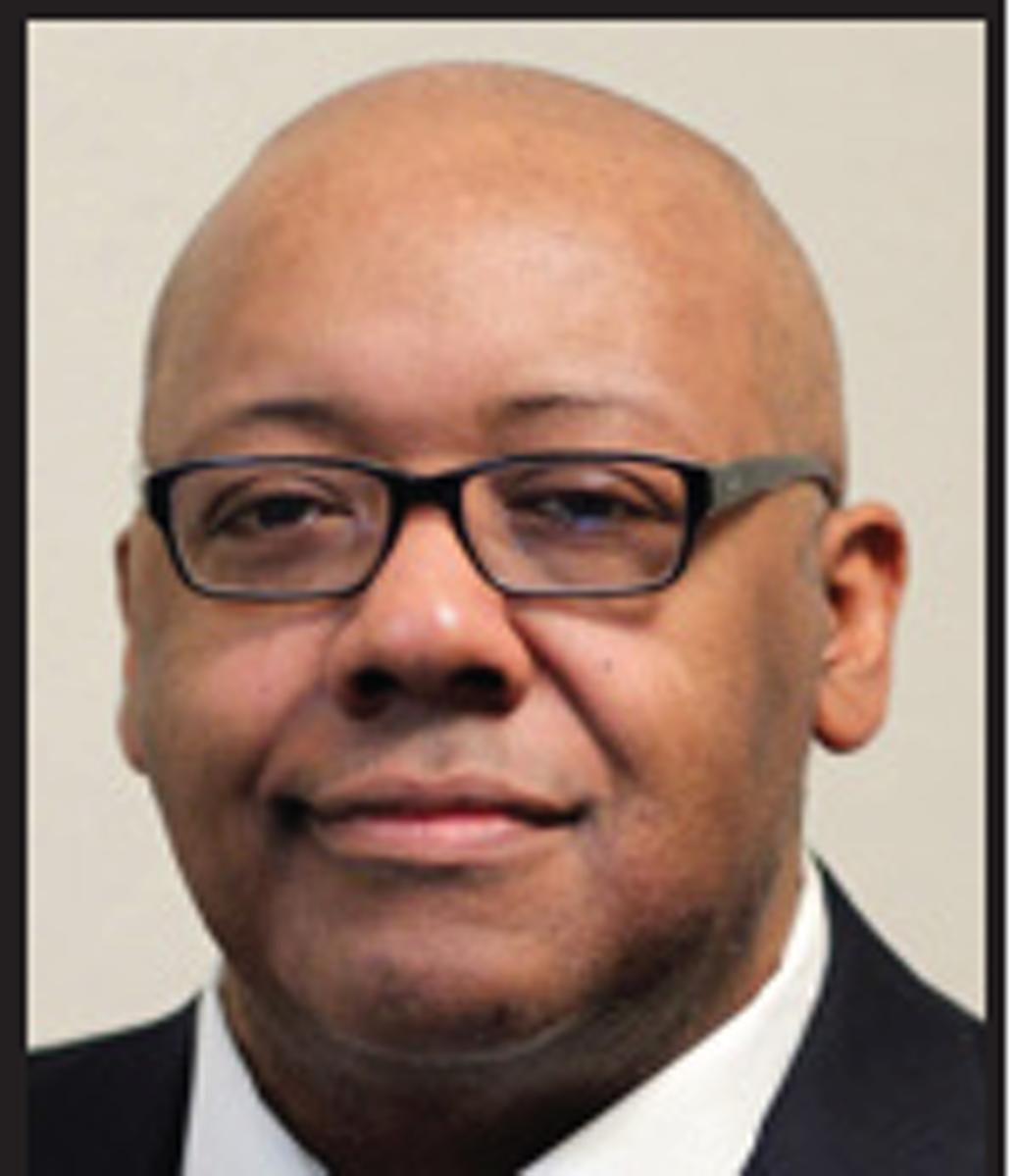By Terry Manning
The other day, I read an opinion on how DEI (diversity, equity, and inclusion) efforts have done little to nothing to benefit corporate America measurably.
Rebutting pro-DEI arguments he described as “wishful thinking,” Harvard professor Roland Fryer wrote in The Wall Street Journal that most studies align business success with diversity without proving diversity was a cause of that success.
Fryer quotes an article from the Harvard Business Review wherein Robin J. Ely and David A. Thomas make the statement: “We know of no evidence to suggest that replacing, say, two or three white male directors with people from underrepresented groups is likely to enhance the profits of a Fortune 500 company.”
That leads Fryer to conclude, “If the most successful businesses also face the most pressure to improve DEI metrics, it’s plausible that increased profits may cause diversity efforts, not the other way around.”
That’s an interesting interpretation: The most successful companies support diversity because they already enjoy success, not because they think diversity will help them become more successful.
An aside: Because that’s what the biggest companies do, right? Things that don’t help their bottom line. But I digress.
Fryer asserts, “When the right people are placed in the right jobs, and people with talent are appropriately rewarded for developing their skills, the economy runs more efficiently.”
I agree with that. Where I differ with Fryer is his implication that the “right people” are white men most of the time, if not all the time.
Ely and Thomas, a white woman and Black man respectively (and conveniently), never explicitly write that diversity isn’t a help to companies because the “wrong people” (unqualified people from underrepresented groups) are being put into jobs over white men.
What they did state is most companies, at least as of 2020 when the article was published, were missing out on the richer benefits of diversity because they were playing a numbers game that counted hiring diverse candidates as a touchdown when all they really were doing was getting down to the opponent’s 10-yard line.
Ely and Thomas write that companies that took that short-sighted approach were potentially costing themselves a bottom-line boost, but that profit shouldn’t be the only way to measure the success of DEI:
“Scholarly researchers have rarely found that increased diversity leads to improved financial outcomes. They have found that it leads to higher-quality work, better decision-making, greater team satisfaction, and more equality.”
However, this is only if the company is willing to change in ways that show it is listening to and learning from its diverse voices. Failing to make substantial change, they write, actually undermines team effectiveness.
They describe a situation at a consulting firm: “White women and people of color, despite having been recruited from the same highly competitive MBA programs as their white male counterparts, regularly were assigned the more mundane projects. They got stuck doing tasks they had long ago mastered, which led many to leave the firm.”
Becoming concerned about the firm’s competitiveness, the firm’s partners reviewed their standard practices and found that not only were white men given the best assignments, they received more coaching, were more readily forgiven errors, and were given more chances to improve their performance.
These were not the firm’s best associates. They benefitted from looking like the white men who hired them. When the firm gave similar accommodation to the women and people of color who worked there, their talent pool became and stayed more diverse.
When some white men see others getting benefits they assumed were theirs exclusively, they cry foul. What’s the old quote, “When you’re accustomed to privilege, equality feels like oppression?”
This is where we are now, where an educator can write a public diatribe stating DEI needs to “die” in favor of MEI, “merit, excellence, and intelligence.” Where the current President of the United States looks at pale skin, thin noses, and blonde hair and decides those traits signal merit, excellence, and intelligence.
I would welcome a true meritocracy, a colorblind world the people love to claim. Skill against skill, degree against degree. We might all be surprised to see it looking more like the WNBA than the NHL.
No, what too many folks want is a world where their skin tone is the only “merit” they need, no matter how underqualified and mediocre they might be otherwise.
They must be reminded that the “C” in C-suite doesn’t stand for Caucasian.
Terry E. Manning is a Clemson graduate who worked for 20 years as a journalist. He can be reached at teemanning@gmail.com.







